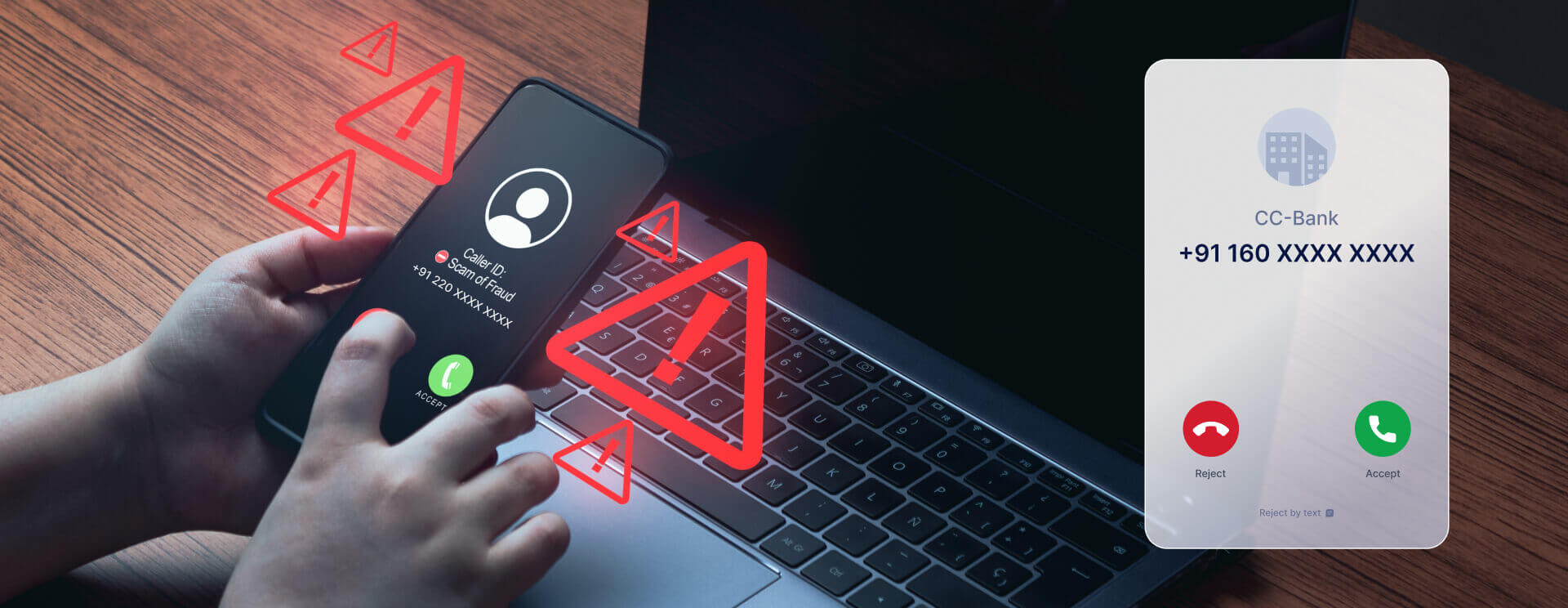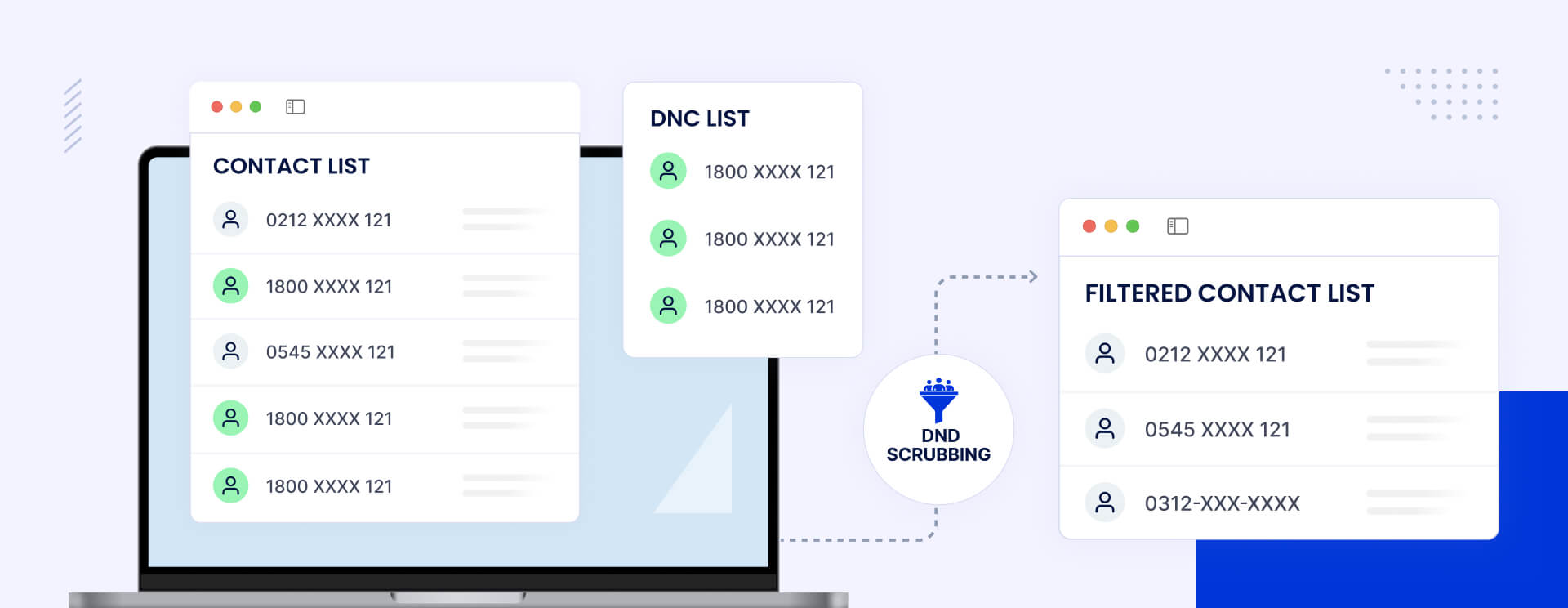Did you know there is a hacking attempt on computers with Internet access every 39 seconds?
To mitigate such a risk, various businesses, law firms, and organisations are migrating towards cloud-based software.
In today’s world, when companies are making an enormous shift to the cloud, they majorly focus on cost savings, improved agility as well as higher scalability. But in this eagerness to enjoy instant cloud migration precedence, almost 85% of organisations worldwide experience spear-phishing attempts and data breaches.
Securing your data on the cloud is incredibly important because companies big and small are falling prey to common misconfiguration and misperceptions. On top of this, the side effects of a global pandemic have ramped up remote workforces, making trespasses for cyber attacks.
In such a scenario, would you be willing to compromise your company’s data and incur massive costs for regaining it? In reality, Cloud security is a whole different ball game that includes a completely new set of risks. If a company wishes to keep its data safe and secure, then its IT teams must perform two actions:
- They must make sure that the cloud solutions have the right security capabilities.
- They must ensure that the cloud solutions are compatible with security measures deployed across the distributed network.
The company should also understand the shared responsibility model. This model states that while cloud providers ensure the security of the company’s infrastructure, the company’s security team is responsible for data security assurances.
You can’t totally rely on the cloud provider for data security, because with evolving technology comes evolving hackers. Your best defence is to stay vigilant and implement these cloud security controls.
What are cloud security controls?
Cloud security control refers to a set of security controls that keeps the cloud environments secure against cyberattacks and also reduces the effects of data breaches.
These security controls not only protect the cloud environment against vulnerabilities but also include measures to eliminate various types of malicious risks to safeguard the data and applications stored on the cloud.
The recovery of business continuity plans, controlling access to the cloud, and encrypting data are all security controls.
Cloud service providers offer companies a wide range of cloud security tools and services to address, evaluate and secure a company’s sensitive data. It’s critical that the administrators of a company understand these services and ensure the implementation of the necessary cloud security controls.
Misconfiguration of cloud security controls can offer cybercriminals the opportunity to steal confidential data from a company.
In fact, Gartner estimated that through 2025, 99% of the cloud security failures would be the customer’s fault just because of the device misconfiguration.
Let’s put it down simply. A cyberattack doesn’t just put data at risk, but can also damage the company’s reputation and cost them compliance penalties.
Therefore, it becomes essential for organisations to use cloud security controls to protect their business and customers from the unforeseen damage the hackers can cause.
There are several forms of cloud computing security. Below you’ll find the top three security controls that every organisation must use to thwart the most advanced data threats out there today.
3 cloud security controls that you must use
For IT teams that are overseeing the shift to the cloud, here are the 3 cloud security controls that you must use in order to avoid misconfiguration as well as data leaks.
1. Control your cloud service access
Many companies struggle to control the accessibility to their cloud services.
According to research from RedLock’s Cloud Security Intelligence CSI team, almost 51% of organisations have accidentally exposed at least one of their cloud storage service (for example, AWS S3 storage drives) in the public. However, Amazon and various other cloud providers send warnings to the companies to prevent storage bucket content from being exposed on the internet.
Another most common mistake made by companies is allowing SSH (Secure Shell) connections directly from the internet. This simply means anyone who knows the server location can bypass the firewall and access the company’s data without any major difficulties.
If you want to control the access, you can use the identity and access control tools provided by the cloud providers. You can control who has access to which data and when. While creating the identity and access control policies, allow the minimum set of privileges that are needed and grant permissions temporarily whenever required.
You can also use tools like CloudKnox that let you set access controls as per the user activity data.
2. Keep your data secured
As mentioned above, securing data on the cloud is of paramount importance to make sure that only authorised personnel like you and your employees have access to the files and documents stored in the cloud.
Many companies have unencrypted data stored in the cloud which gives hackers easy access to the information. One example of this is voter’s information and confidential government files that are exposed because the data was not encrypted on the cloud. Also, the servers are easily accessible to unauthorised users.
It’s highly irresponsible and risky if a company stores sensitive data in the cloud without putting the appropriate controls to avoid access to a server and protect the data. Encryption must be used to protect a company’s data at rest and transit.
So make sure that your cloud services provider encrypts your data and ensures security.
A company must maintain encryption keys wherever possible. This mighty task becomes easier when the organisation provides access to the keys to the cloud service providers, although the responsibility of securing the data lies with the company.
Encryption is a safe failure; it’s imperative because even in case any security configuration fails and an organisation’s sensitive data gets leaked to unauthorised users, they cannot misuse it.
3. Secure the credentials
In 2017, OneLogin breach showed that it’s not unusual for the AWS access keys to be leaked on the internet. These access keys can be exposed on their websites, repositories, unprotected dashboards and any such forums.
A company must treat the AWS access keys as the most crucial gem of a crown. They must make their developers aware of the security controls to prevent the leaking of such access keys in any public forum.
Organisations must ensure that they create unique keys for every external service and restrict access to minimum privileges. Companies must also ensure that the access keys don’t have any broad permissions. These keys can be easily used to access highly confidential data and company’s resources if fallen into the wrong hands, for data breaches.
If you’re leading a company, you must create IAM roles to allot some specific privileges, just like API calls. Also, ensure to rotate the access keys regularly in order to prevent attackers access to the compromised keys and allowing it to enter the cloud environments miscellaneously in the face of privileged users.
Avoid using the root user account, not even for administrative tasks. However, you can use root user to create a new user and assign limited privileges. Simply, lock the root user account by adding MFA (Multi-Factor Authentication) and use it for specific tasks. For other tasks, use provision users with restricted permissions.
MFA offers an extra protection layer apart from username and password. It makes it tougher for the attackers to steal your company’s data. The company administrators should enable the MFA to restrict access to dashboards, management forums as well as privileged accounts.
Lastly, continuous monitoring of user accounts is essential for cloud computing security. They must be regularly checked and filtered to disable the one’s which are no longer in use, failing which the attackers can use them as a potential path to steal the company’s sensitive data.
Conclusion
As cloud adoption grows, it becomes important for organisations to think diligently about the cloud security controls that must be implemented to lower complexity, while ensuring comprehensive security.
Companies ultimately need to partner with reliable cloud service providers who have an exceptional record of providing full-fledged security and the resources that ensure that the data is completely protected. After all, cloud security is not a trivial matter.
Cutting-edge cloud security controls like those outlined above will ensure that your firm, enterprise, or service is prepared to face more advanced and complex security challenges as businesses embrace digital innovation.
Acefone is a leading cloud hosting service provider that offers cloud-hosted solutions with strong data security. To make your business more secure, call us at 1888-859-0450 .














